Birmingham Museum And Art Gallery
Explore
Discover the Coffin Works in Birmingham’s Jewellery Quarter. Step back in time with guided tours of the Newman Brothers’ factory, preserving funeral craftsmanship history.
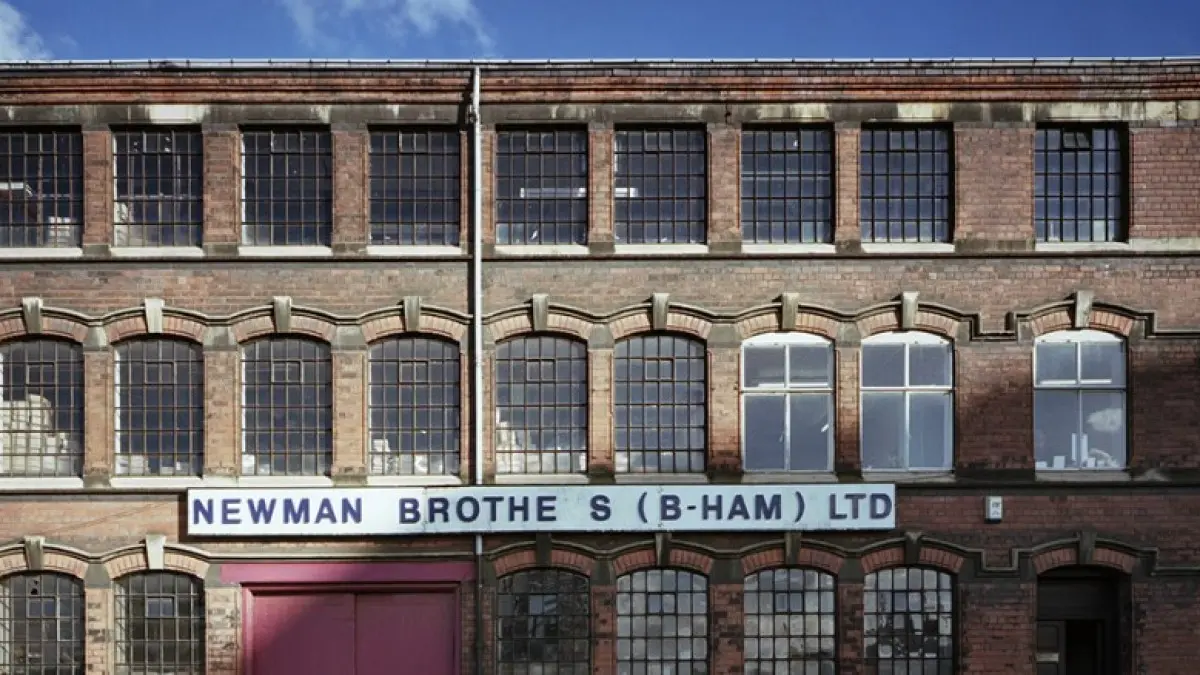
The Coffin Works, located in Birmingham’s historic Jewellery Quarter, offers a unique glimpse into the fascinating history of funeral traditions and craftsmanship. Once a thriving factory, the site now serves as a museum preserving the legacy of the Newman Brothers, renowned makers of high-quality coffin fittings. Visitors can step back in time and experience the rich heritage of a business that shaped funeral practices across Britain.
Explore the original Victorian workshops, where tools, machinery, and personal items remain just as they were when the factory ceased production in 1998. Guided tours reveal intriguing stories about the factory’s workers, their craft, and the customs surrounding funerals from different eras. The Coffin Works provides a thoughtful yet lighthearted exploration of a little-known aspect of British history.
With its carefully preserved atmosphere and engaging storytelling, the Coffin Works is a must-visit for history enthusiasts and curious visitors alike. The museum’s location in the vibrant Jewellery Quarter also makes it an ideal addition to a day out exploring Birmingham’s cultural and historical landmarks.
Step into a preserved factory where the tools, machinery, and personal belongings of workers remain as they were, creating an authentic historical experience.
Learn about the Newman Brothers, their craft, and the evolution of funeral traditions through engaging guided tours.
See intricate coffin fittings, vintage tools, and original machinery that highlight the precision and artistry of the Victorian era.
Situated in Birmingham’s historic Jewellery Quarter, the Coffin Works is perfectly positioned to complement a day exploring the city’s cultural landmarks.
Why not make a weekend of it? Explore Nearby Attractions. Scroll to zoom in or out on map.
Curious about Coffin Works? We've compiled answers to the most frequently asked questions to help you uncover the highlights and visitor essentials.
The Coffin Works is a museum located in Birmingham, preserving the history of the Newman Brothers’ coffin fittings factory.
It’s situated in Birmingham’s Jewellery Quarter.
Yes, tickets are required for entry, with discounts for children, seniors, and groups.
Visitors can explore original Victorian workshops, machinery, and exhibits about funeral traditions.
Nearby attractions include the Jewellery Quarter Museum, Birmingham Museum and Art Gallery, and St. Paul’s Square.
Make your trip unforgettable by exploring these nearby attractions during your visit.
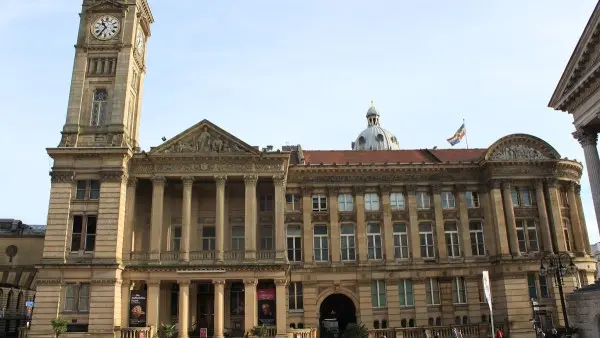 Birmingham
Birmingham
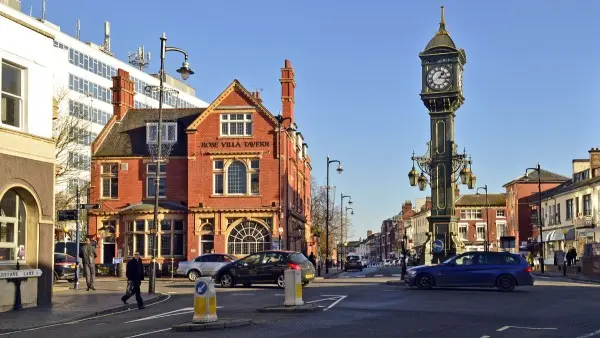 Birmingham
Birmingham
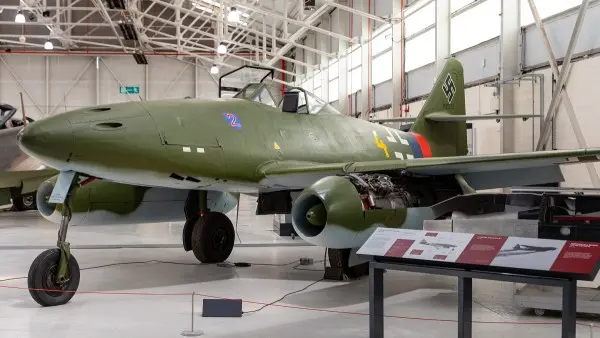 Cosford
Cosford
 Birmingham
Birmingham
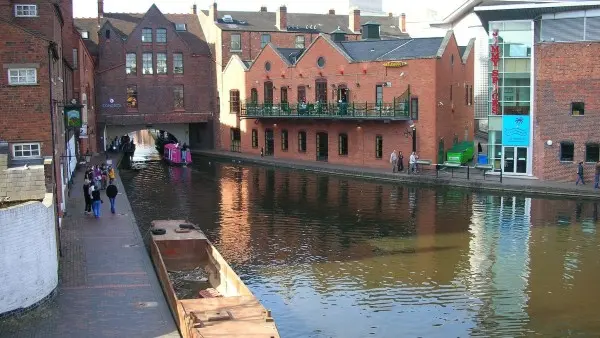 Birmingham
Birmingham
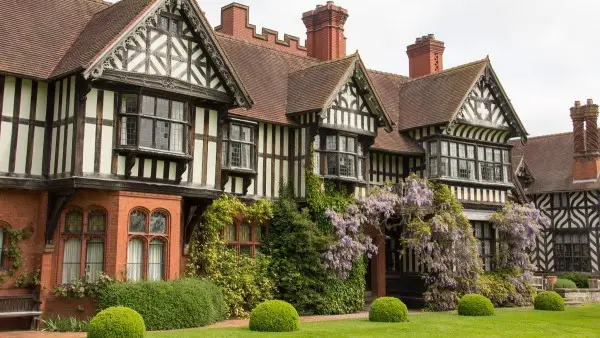 Wolverhampton
Wolverhampton
 Birmingham
Birmingham
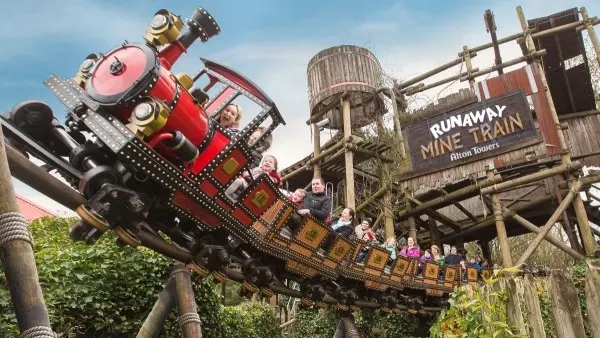 Stoke on Trent
Stoke on Trent
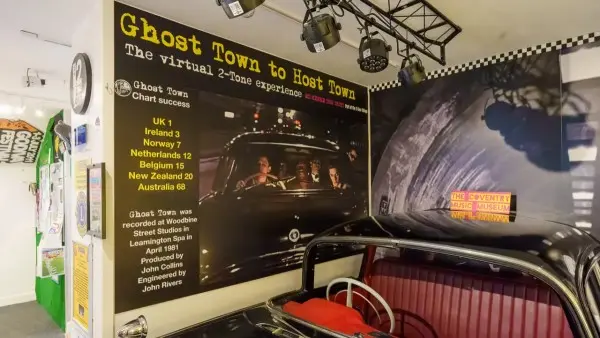 Coventry
Coventry
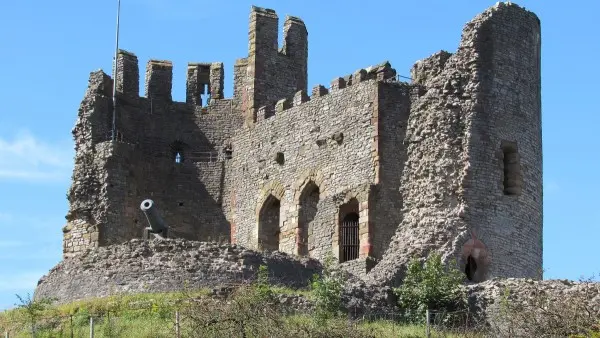 Dudley
Dudley
 Coventry
Coventry
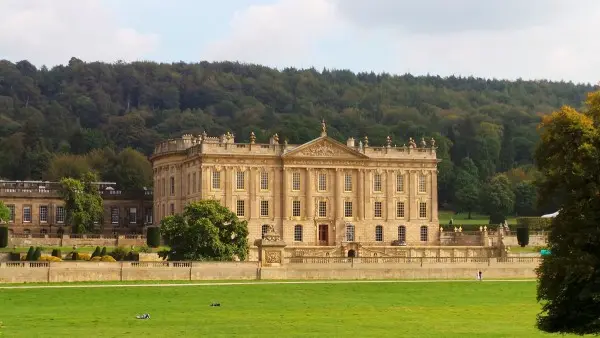 Bakewell
Bakewell